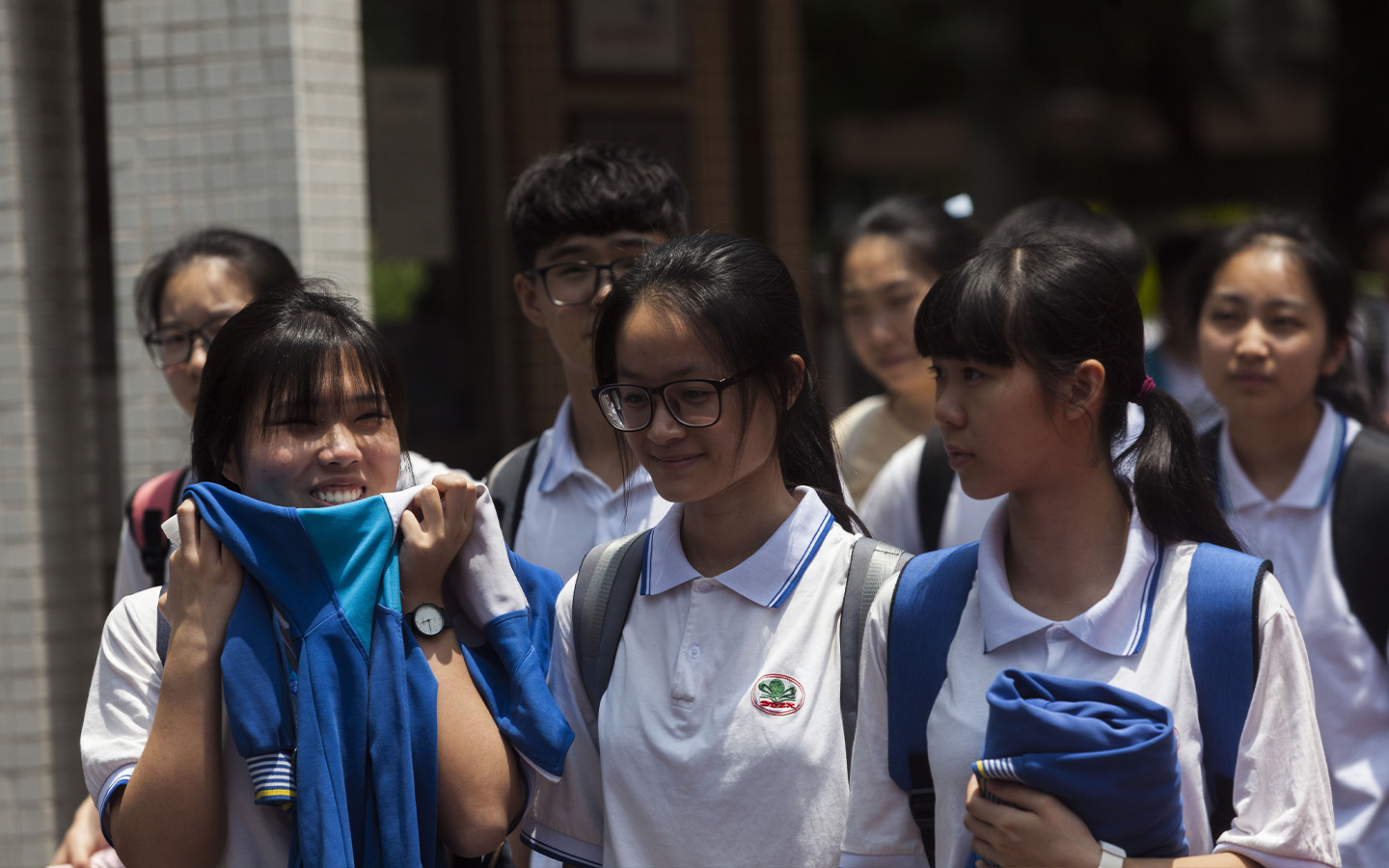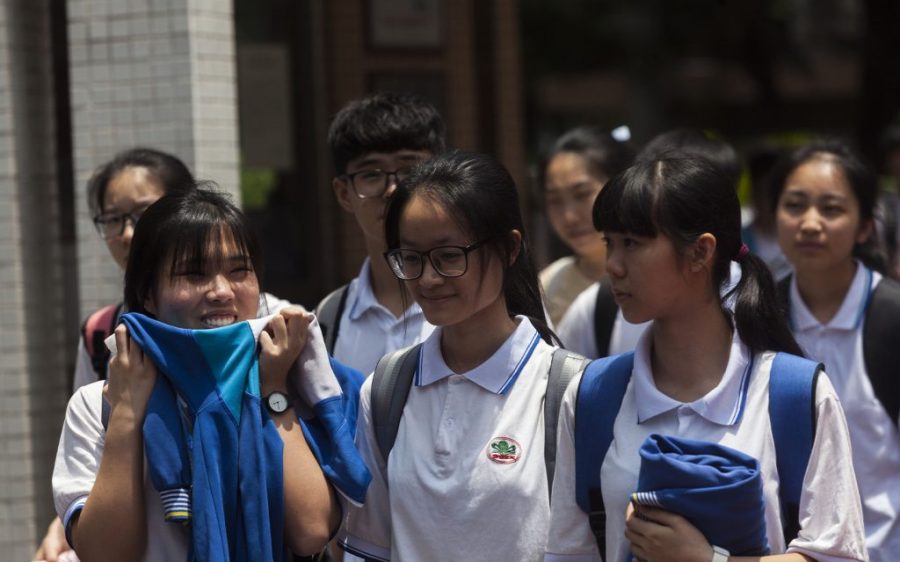Macao’s secondary school students aren’t getting enough sleep or exercise, according to a joint survey carried out by the General Association of Chinese Students of Macau and the University of Saint Joseph. The study was cited in the Macau Daily Times.
While the World Health Organisation (WHO) recommends teens get “at least 60 minutes of moderate-to-vigorous-intensity physical activity daily,” equating to seven hours per week, the survey’s 1,185 respondents were averaging just under five hours of exercise per week.
On the sleep front, the respondents – who hailed from nine secondary schools in Macao – were getting 6.8 hours per night on average, below the 8 to 10 hours recommended by the World Sleep Society and the SleepHealth Foundation. “There is still room for improvement,” the survey’s accompanying report stated.
[See more: Gaming boosted mental health during Covid, study finds]
According to the SleepHealth Foundation, “sleep debt” not only impacts teenagers’ physiological health, but also their mental and emotional wellbeing, ability to learn and solve problems, and their interpersonal relationships. The benefits of exercise also extend beyond physical health, according to the WHO. In adolescents, it improves motor skills and cognitive development.
The survey revealed that many students retreat into online spaces, including social media and video-streaming platforms, to cope with stress – which is something a decent night’s sleep and exercise can help reduce.
Lawmaker Lam Lon Wai has highlighted the urgency of addressing youth mental health issues in recent discussions at the Legislative Assembly. In response to his concerns, the Youth Affairs Committee has said it will form a task force to develop tailored mental health services for young people.






